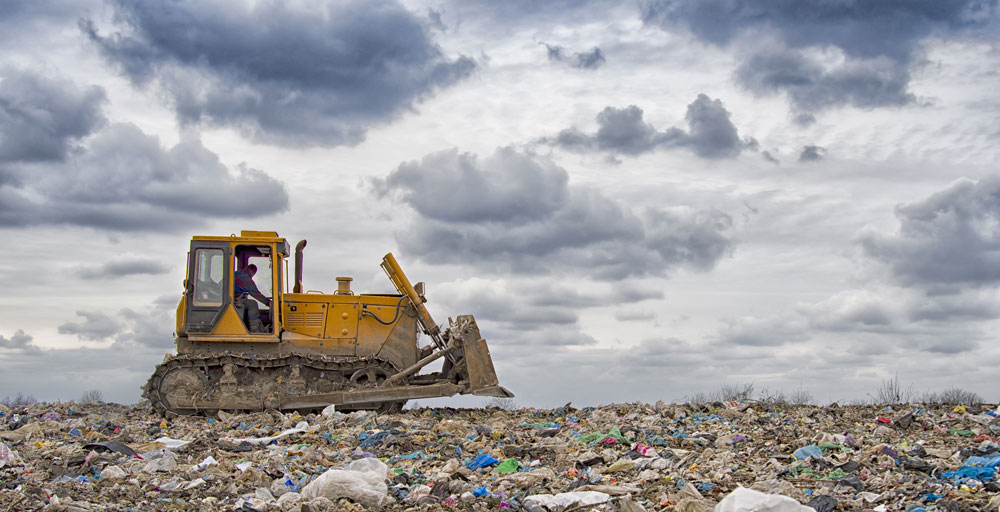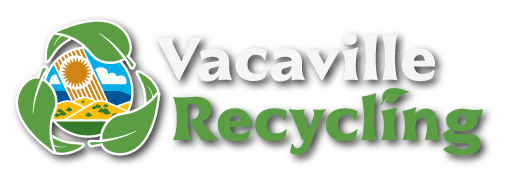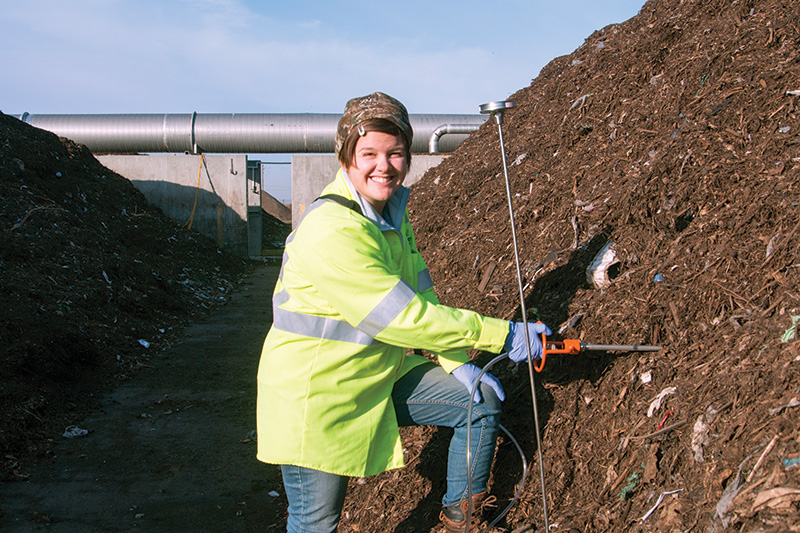SB 1383
Short-lived Climate Pollutants:
Organic Waste Reductions
In September 2016, Governor Brown signed into law Senate Bill 1383 (SB 1383), establishing methane emissions reduction targets in a statewide effort to reduce emissions of short-lived climate pollutants. In order to achieve the methane emissions reduction targets, SB 1383 also set targets to reduce the level of statewide organic waste disposal.
Methane emissions resulting from the decomposition of organic waste in landfills are a significant source of greenhouse gas (GHG) emissions contributing to global climate change. Organic Materials – including waste that can be readily prevented, recycled, or composted – account for a significant portion of California’s overall waste stream. Food waste alone accounts for approximately 17-18 percent of total landfill disposal. Increasing food waste prevention, encouraging edible food rescue, and expanding the composting and in-vessel digestion of organic waste throughout the state will help reduce methane emissions from landfills.
SB 1383 addresses seven program elements, each with their own specific requirements:
NEW Information & Downloads
- August 10, 2021 City Council Staff Presentation Video
- July 27, 2021 City Council Staff Presentation Video
- June 23, 2020 City Council Staff Report and Resolution
- February 23, 2021 City Council Staff Presentation Video
- February 23, 2021 City Council Staff Report and Resolution
- SB 1383 Public Outreach Plan
- Outreach Materials
Did You Know?
 Methane is a heat-trapping gas 80 times more potent than carbon over an initial 20 year span.
Methane is a heat-trapping gas 80 times more potent than carbon over an initial 20 year span.Explore SB1383's impacts on residents, businesses, and the city below.
Contact & Resources
City of Vacaville - Solid Waste & Recycling
1001 Allison DriveVacaville, CA 95687
(707) 469-6509
recycling@cityofvacaville.com
Recology Vacaville Solano
1 Town Square, Suite 200Vacaville, CA 95688
(707) 448-2945
www.recology.com
For more information on SB 1383:
- SB 1383 general information: https://www.calrecycle.ca.gov/Climate/SLCP/
- California’s 75 Percent Initiative: https://www.calrecycle.ca.gov/75Percent/
- Food Waste Reduction: https://www.calrecycle.ca.gov/Organics/Food/




